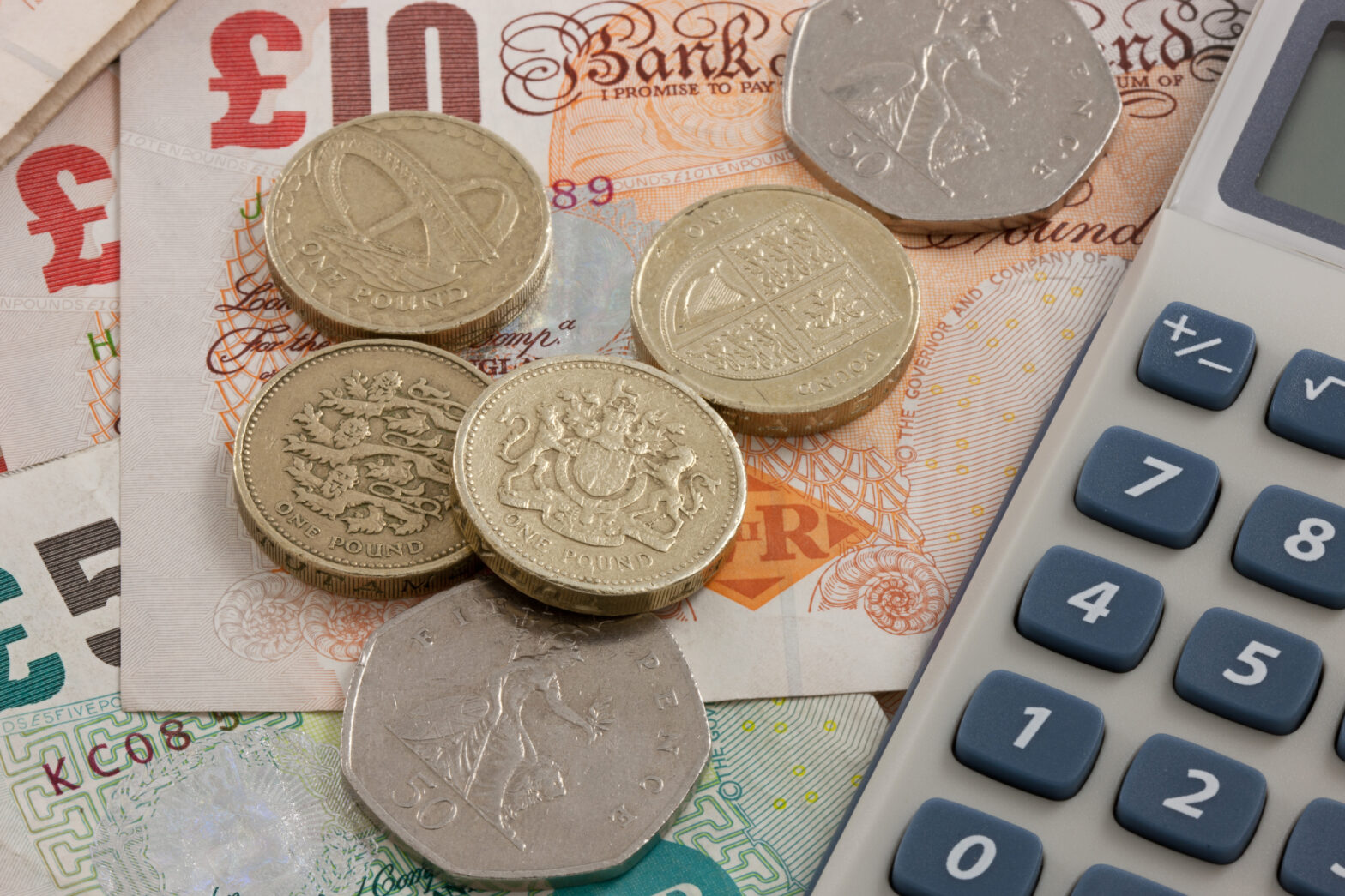Small businesses should only repay state-backed coronavirus debt once they are back in profit, a centre-right thinktank has argued.
The taxman could claw back emergency COVID-19 funding once businesses are back trading at a profit, argues Onward.
This would be through a surcharge on taxable profits and shareholder salaries, paying off your Bounce Back Loan or Coronavirus Business Interruption Loan.
>See also: Where to find your £1,000 small business lockdown grant
The issue is pressing because, according to the ONS, one in five small businesses are already “zombie” companies – meaning the annual cost of servicing their business debt equals their profits.
And nearly one in 20 firms (4.3 per cent) are technically insolvent with liabilities greater than their assets, due to the levels of debt they have already built up since March. These firms employ an estimated 1.8m workers.
Debt levels have leapt during this year’s lockdown as businesses tapped the government’s emergency loan schemes to meet costs, leaving many overburdened with debt. About £53bn has been loaned to small and medium-sized businesses finance industry lobby group The CityUK estimates that £35bn may not be repaid.
>See also: Lloyds rapped for forcing Bounce Back Loans borrowers to open accounts
The New Start scheme would operate much like the existing student loan system, where loans are repaid only when students are earning a decent wage, says Onward, which has several Conservative MPs and peers on its board and was founded by a former adviser to Theresa May.
The New Start proposal is one of several solutions that have been floated to solve the looming small business debt crisis, once SMEs start having to repay emergency COVID-19 loans, including a proposal that the government sets up a “bad bank” to handle coronavirus debt gone bad.
However, the Treasury remains apparently unmoved.
Angus Groom, the author of the report, said: ““The Government’s loans schemes have been highly effective at helping firms through the worst of the crisis, but they represent a double-edged sword in that they have weighed down firms with debt just as we need them to invest to spur the recovery.
“The Chancellor has so far appeared reluctant to consider restructuring the newly issued COVID debt. The New Start scheme gives the option to intelligently delay repayments only for those firms who need it. This can be rolled out as a scheme managed by HM Treasury and implemented and controlled by banks — all the while maximising taxpayer value for loans that the government has already underwritten.”





